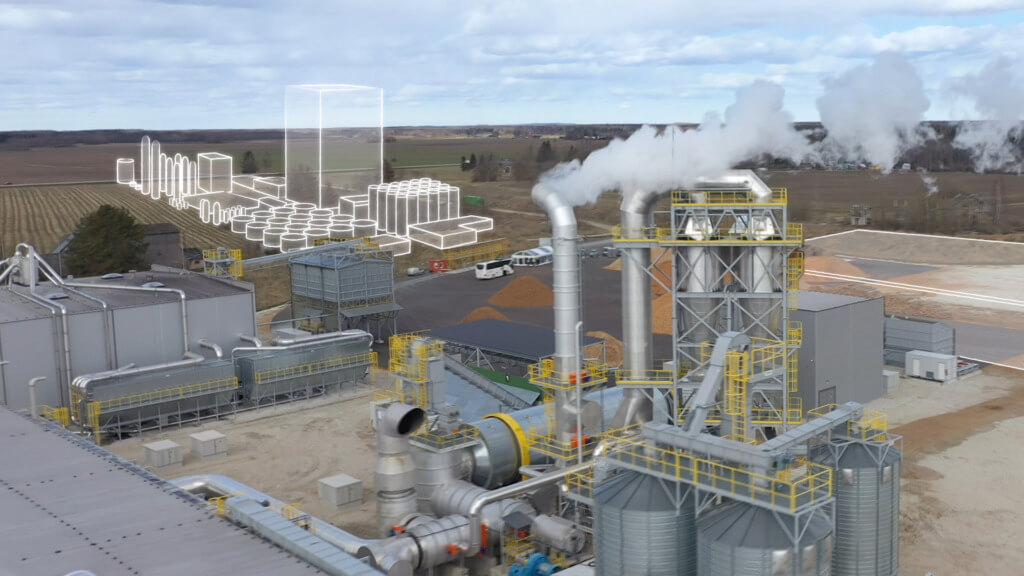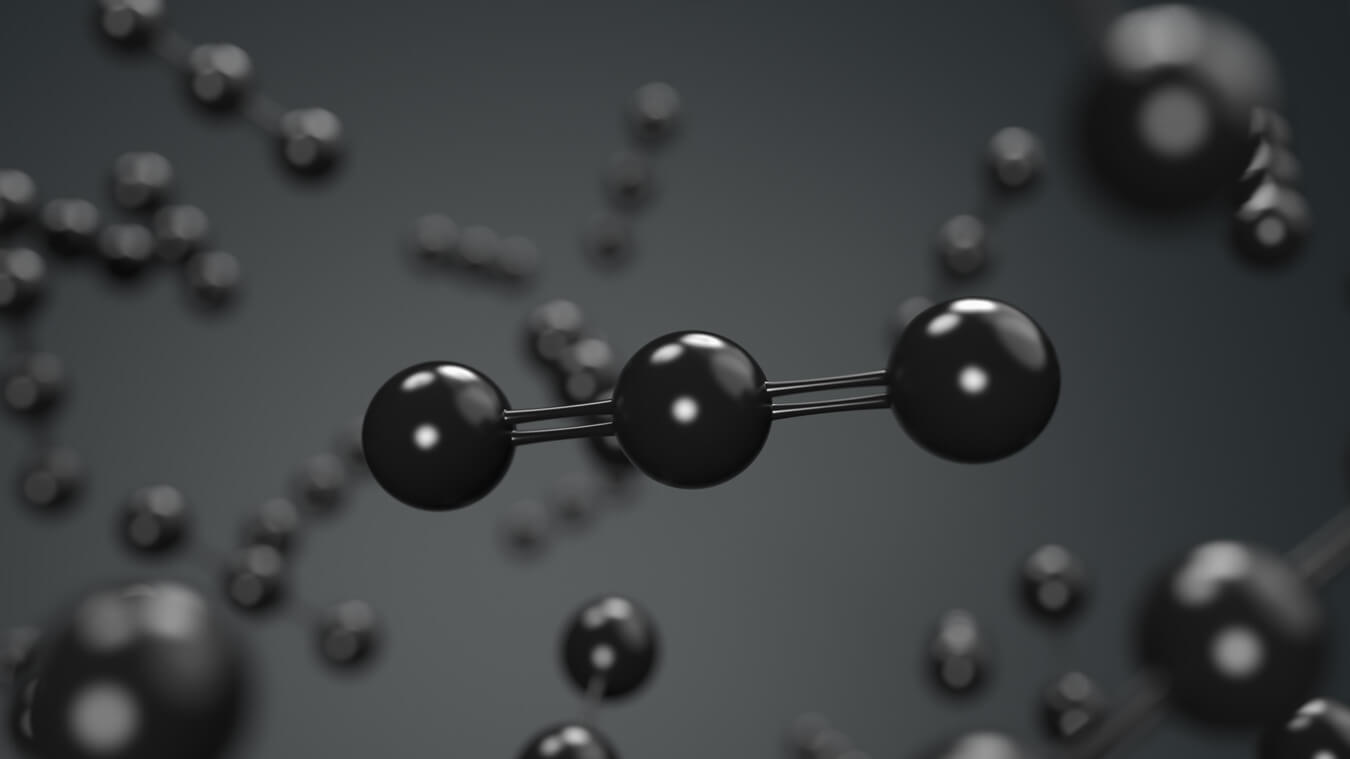


Biomethanol is a 1-to-1 replacement of fossil-based (grey) methanol and one of the largest and most impactful commodities in the world. Many of the products we come across in our daily lives, from plastics and paints to cosmetics use methanol as a raw material. It's not just a building block for various products; methanol is also a fuel powering ships and vehicles. Industries have the challenge to keep producing in a sustainable manner what the growing world population needs. These industries are largely dependent on fossil resources. But the fossil era is ending.
Perpetual Next is developing industrial scale production capacity for biomethanol. An essential biocommodity for the future.
Perpetual Next builds, owns and operates plants that convert organic waste streams, into biocommodities, including 440.000 tons of biomethanol per annum in 2028.
The global economy is moving into a new 'super cycle', with artificial intelligence and decarbonization being the driving factors
Peter Oppenheimer, Head of macro research in Europe, Goldman Sachs.

Perpetual Next uses carbonization (torrefaction) as a pre-treatment of biomass to produce biocarbon as a feedstock for conventional gasification processes. Carbonization allows a wide range of biomass feedstocks to meet the narrow inlet requirements of the gasifier. We've discovered many benefits for using biocarbon in the gasification process instead of raw biomass. Thanks to years of research and experience we’ve managed to tailor biocarbon properties to mimic fossil coal. This enables the application of commercially available, widely proven, conventional gasification technologies, like entrained flow.
Perpetual Next’s knowledge of- and unique experience with carbonisation (torrefaction) technology makes the company a one of a kind system integrator and the indispensable link for the existing infrastructure to produce a standardized commodity such as biomethanol, based on a wide range of organic waste streams. It’s the missing link for the transition to net zero. And it’s scalable: the industrialized knowhow and experience of Perpetual Next which can handle industrialized infeed and outfeed volumes.
Perpetual Next is currently developing two large scale biomethanol production facilities following the above blueprint:
1. Baltania- Estonia: biomethanol plant (220,000 tons per annum) to be developed next to current Perpetual Next’s biocarbon production location in Estonia.
2. Delfzijl - The Netherlands: biomethanol plant (220,000 tons per annum) to be developed in Chemport Europe (NL).
While regular and green methanol are the same molecule, their environmental impact is vastly different. According to the Methanol Institute renewable methanol cuts carbon dioxide emissions by up to 95%, reduces nitrogen oxide emissions by up to 80%, and completely eliminates sulfur oxide and particulate matter emissions compared to conventional fuels.
Two Paths to Green methanol: Biomethanol and E-Methanol
Green methanol comes in two main variations: biomethanol and e-methanol. Biomethanol takes an efficient approach by replacing fossil fuels like coal or natural gas with renewable biomass. E-methanol is a product of innovation. It's created by e-hydrogen developed from windenergy (electricity) with captured carbon dioxide, either from the air or sustainable biological sources.

Carbonisation will become tomorrow’s most popular working horse for mobilizing bioresidues, fully closing the carbon cycle for our materials, fuels and fertilizer needs
- Marijn Rijkers, Program Director Biobased and Circular Economy at InnoSyn